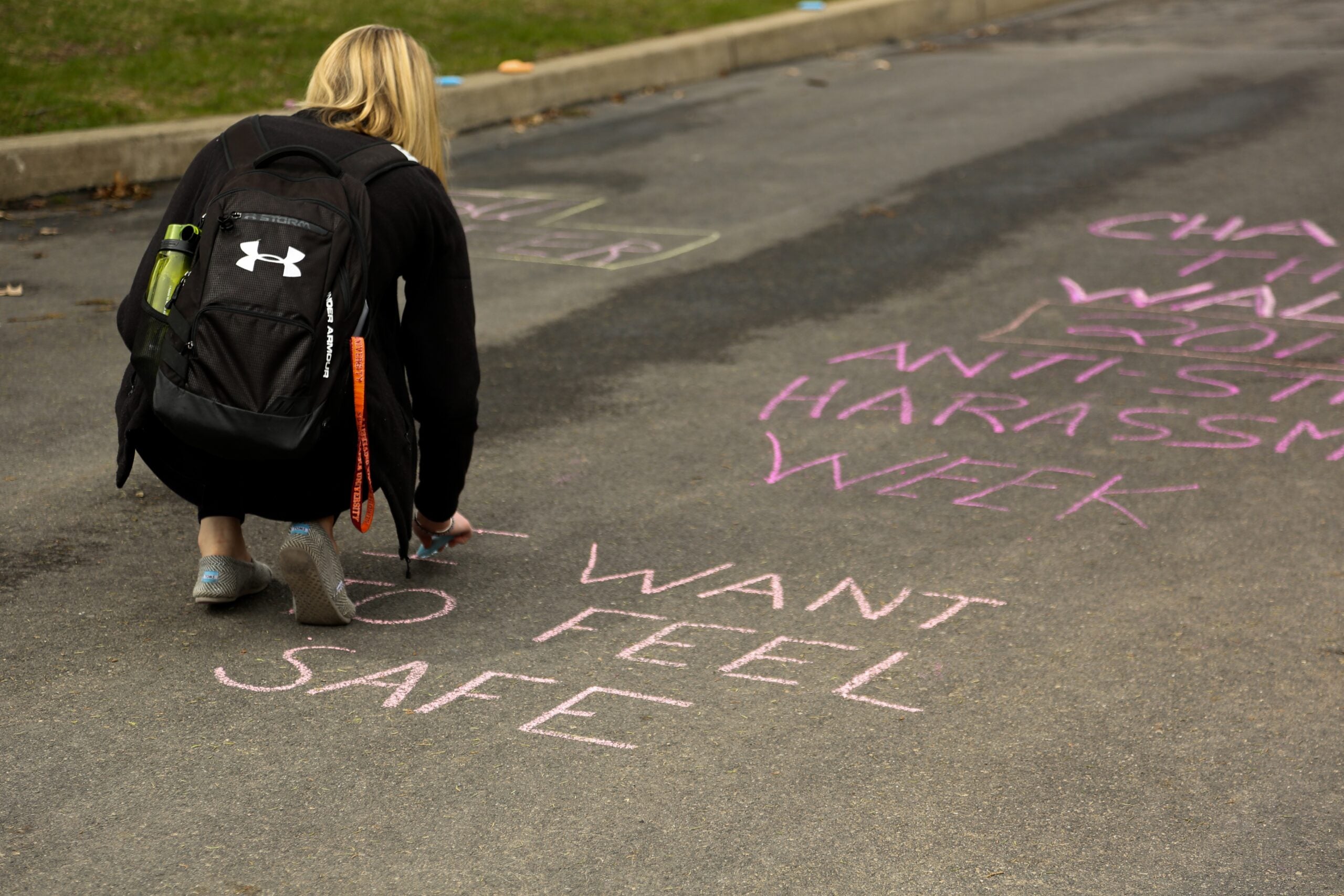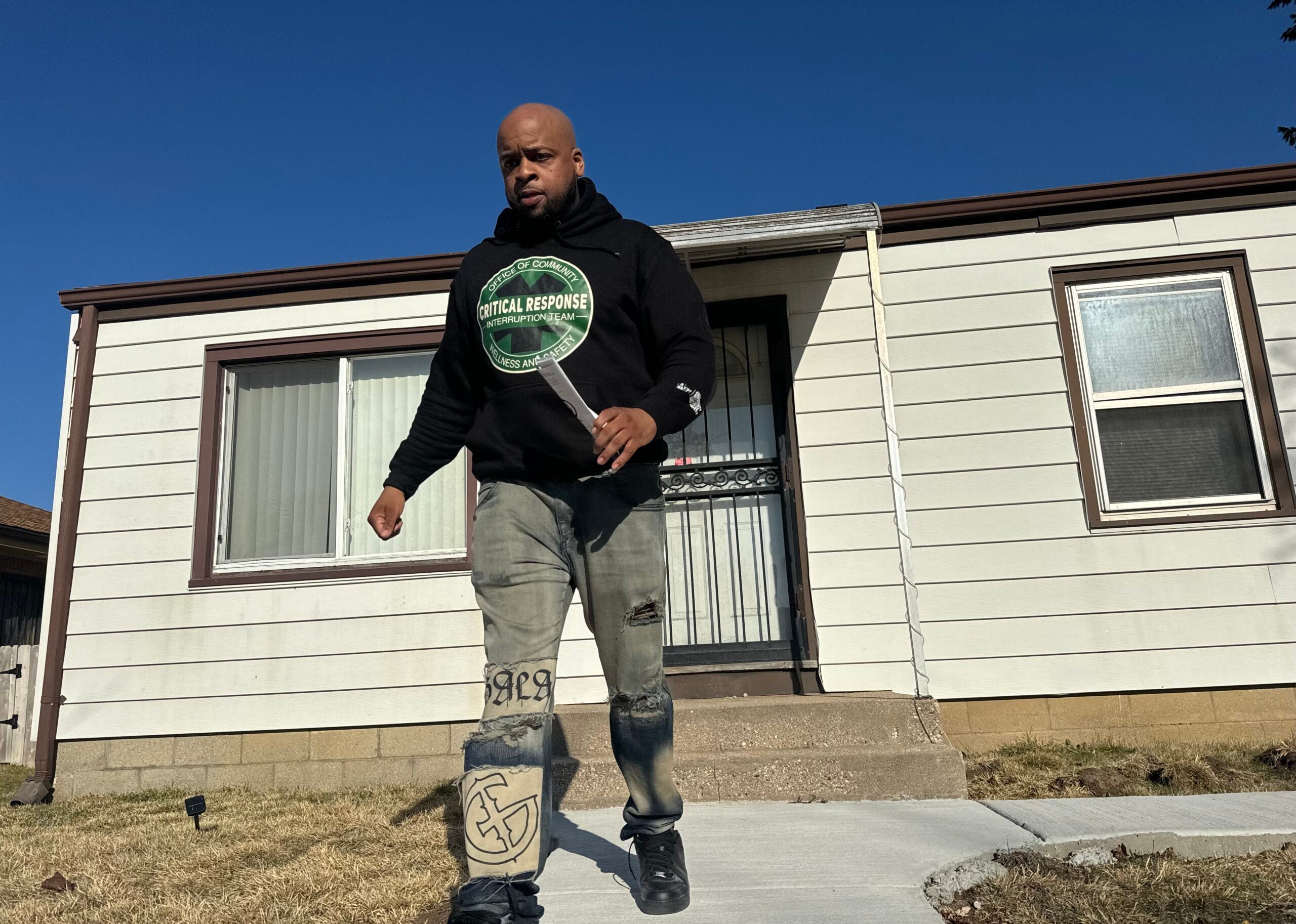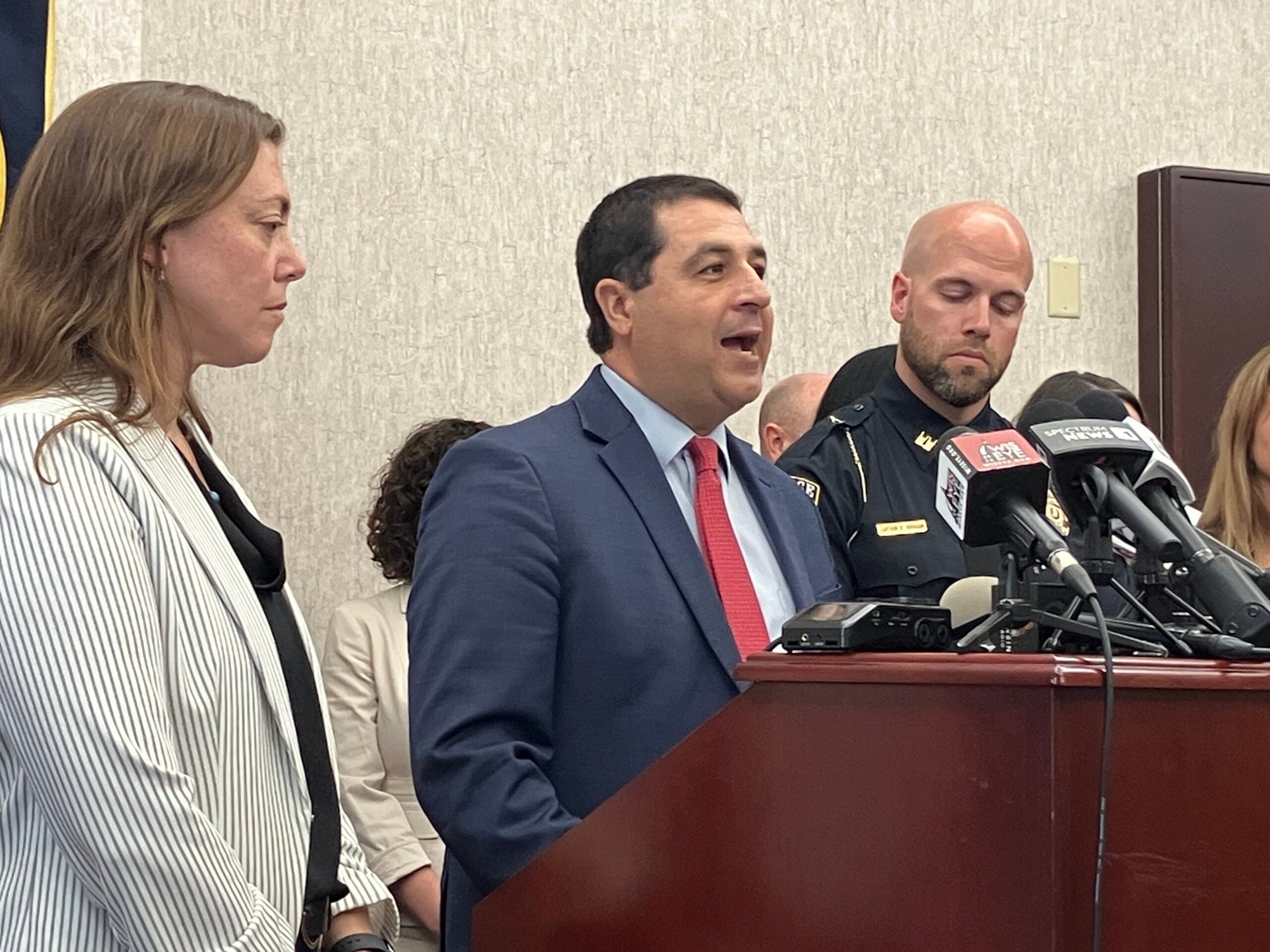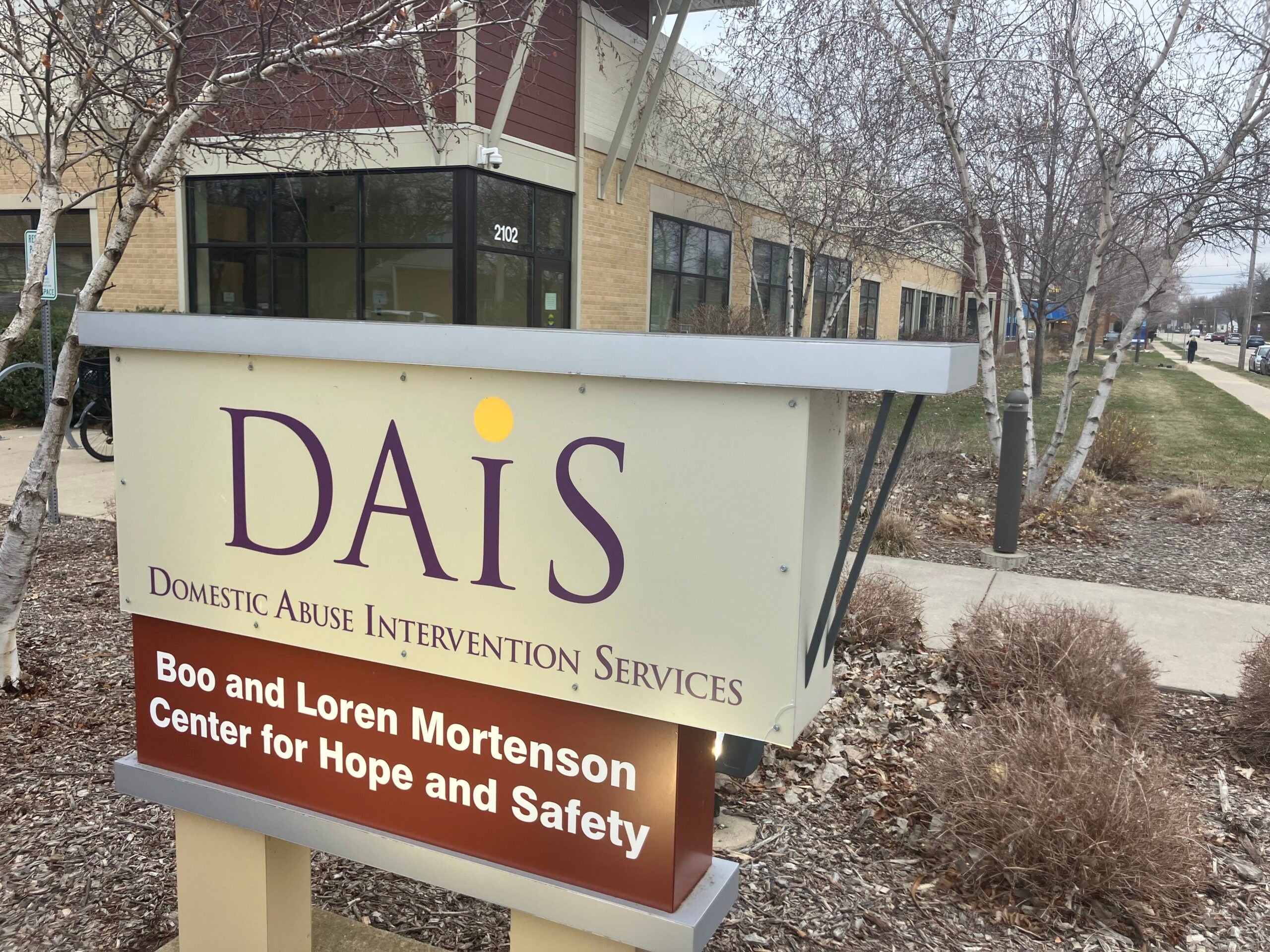Earlier this month, state lawmakers passed legislation providing increased funding for organizations serving survivors of domestic violence and sexual assault.
The legislation provides $10 million for grants. The measure is a temporary fix for an expected decline in federal funding that will hit in October.
But organizations serving marginalized communities say the plan may not help them.
News with a little more humanity
WPR’s “Wisconsin Today” newsletter keeps you connected to the state you love without feeling overwhelmed. No paywall. No agenda. No corporate filter.
Federal grants under the Victims of Crime Act, or VOCA, are funded through federal fines and fees paid by people convicted of a crime. But the federal fund has been shrinking over the last several years, with Wisconsin’s annual funding expected to go from $44.5 million to roughly $13 million.
Nadya Rosen, managing attorney for Disability Rights Wisconsin’s victim advocacy program, said her organization first applied for a VOCA grant in 2016. She said the money has allowed the organization to serve many types of crime victims.
“That would mean people whose identity was stolen, or who maybe had a caregiver who misused their funds, or who was neglected or physically harmed by a care provider,” Rosen said. “We really felt that it was a great idea, because people with disabilities are uniquely vulnerable to crime, that we had a more expansive project.”
Rosen said they provide some traditional kinds of victim services work, like helping someone understand the criminal justice process or working with law enforcement who are investigating cases.
But her organization also has programming specific to people with disabilities, like making sure an assault survivor who needs transportation services can get a female driver.
She said Disability Rights Wisconsin was excited to see the state Legislature approve a bill to provide an additional $6.4 million in grants for sexual assault victim services and an additional $2.4 million in grants for domestic abuse victims in the current biennial budget. The bill was sent to Gov. Tony Evers last week for a signature.
But Rosen said her group does not meet the requirements for these grant programs, which include providing support groups or offering a crisis telephone line
“I’m quite nervous about where that leaves programs like mine, that fit a real need, but do not have the capacity to do all of the services that are required for those grants,” she said.
“A lot of organizations are going to struggle with burnout. A lot of organizations are going to struggle with retaining their staff or with doing the same amount of work that they’re doing.”
Xong Xiong, executive director of Cia Siab, Inc.
With limited dollars, community groups face uncertainty about funding access
In La Crosse, Hmoob community organization Cia Siab, Inc. provides services to survivors of domestic abuse, sexual assault and other types of victims, like people who have experienced hate crimes.
Executive director Xong Xiong said many of the people the group works with have language barriers, especially elders from the community. She said staff are both bilingual and bicultural, allowing them to understand the cultural influences that may impact a crime victim.
“They feel more comfortable talking to somebody that understands their background,” she said. “When they come in, they don’t have to explain the backstory of why they’ve decided to go the path that they’re on.”
Because they service domestic violence and sexual assault survivors, Xiong said she is hopeful Cia Siab will be able to apply for the new funding once it’s approved by the governor.
But she said the organization is still waiting to see if it will qualify and how the state Department of Justice will prioritize what types of programs should receive the limited dollars.
After half a year of trying to find a way to handle the upcoming VOCA funding cut, Xiong said she and many organization leaders already feel exhausted. She said trying to fundraise to replace the tens of thousands of dollars they could lose each year is nearly impossible.
“A lot of organizations are going to change,” Xiong said. “A lot of organizations are going to struggle with burnout. A lot of organizations are going to struggle with retaining their staff or with doing the same amount of work that they’re doing, because you can’t turn folks away when you’re the only agency that is serving them.”
For Rosen, she said Disability Rights Wisconsin is committed to continuing to advocate for victims going through the legal system. But that may come at the cost of the programming that they have built to service the unique needs of people with disabilities.
The organization currently receives $870,000 annually through VOCA. But in October, the state Department of Justice will only award a maximum of $250,000 to grant recipients.
“The more specialized assistance that we’re able to provide regarding clients rights in facilities, or county services or even special education — all of those services really may have to go by the wayside,” Rosen said.
Wisconsin Public Radio, © Copyright 2025, Board of Regents of the University of Wisconsin System and Wisconsin Educational Communications Board.





